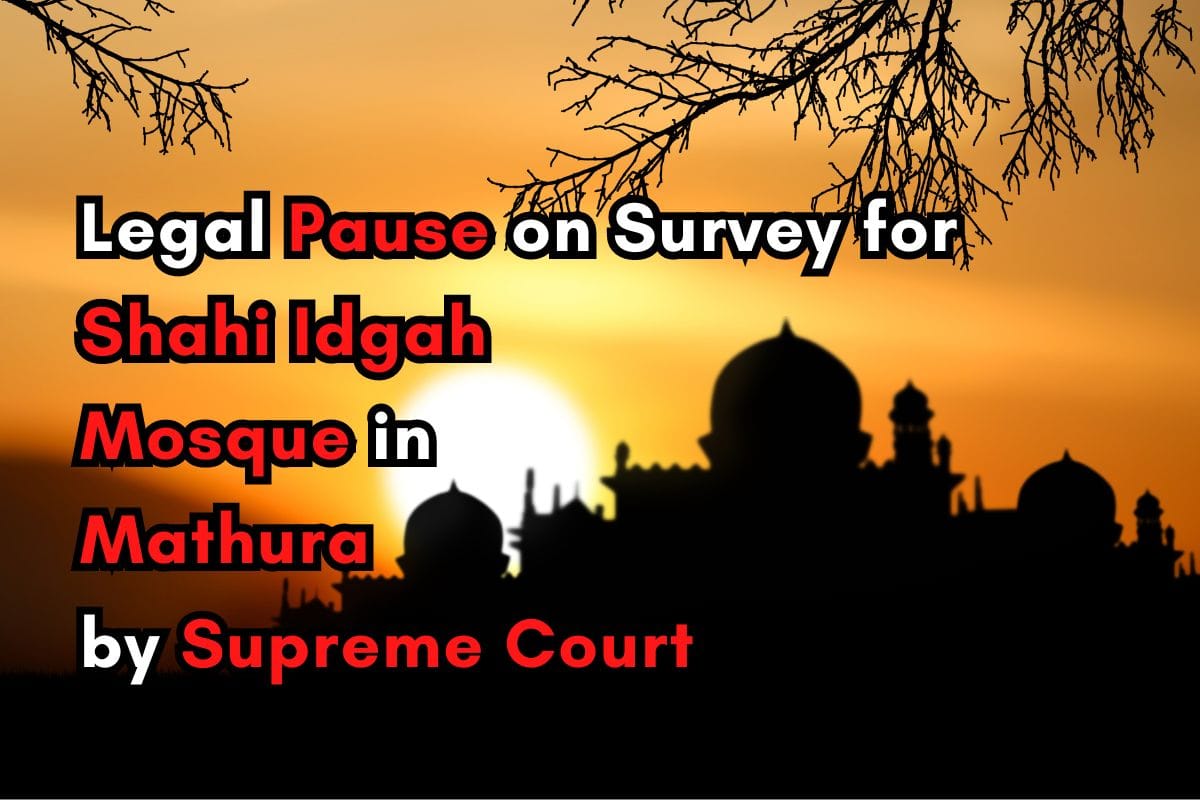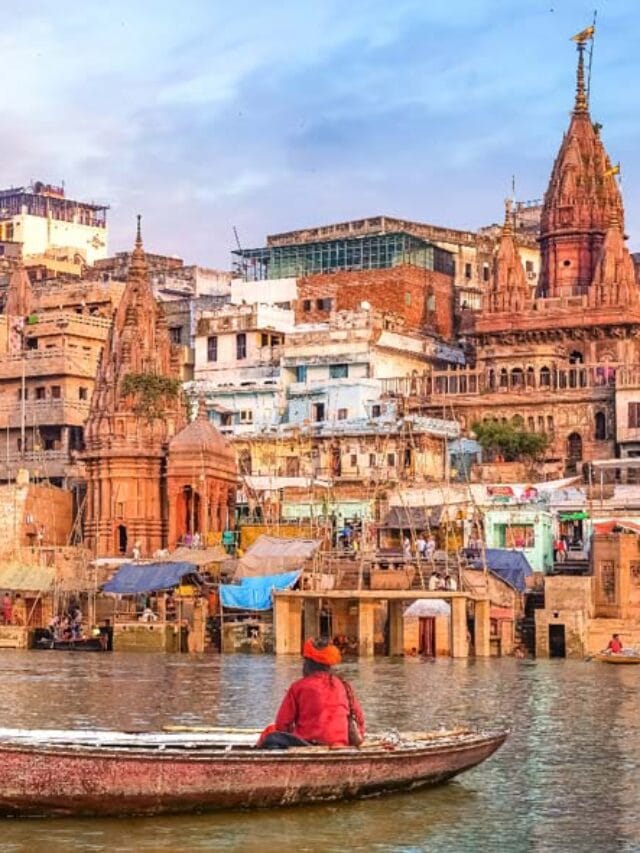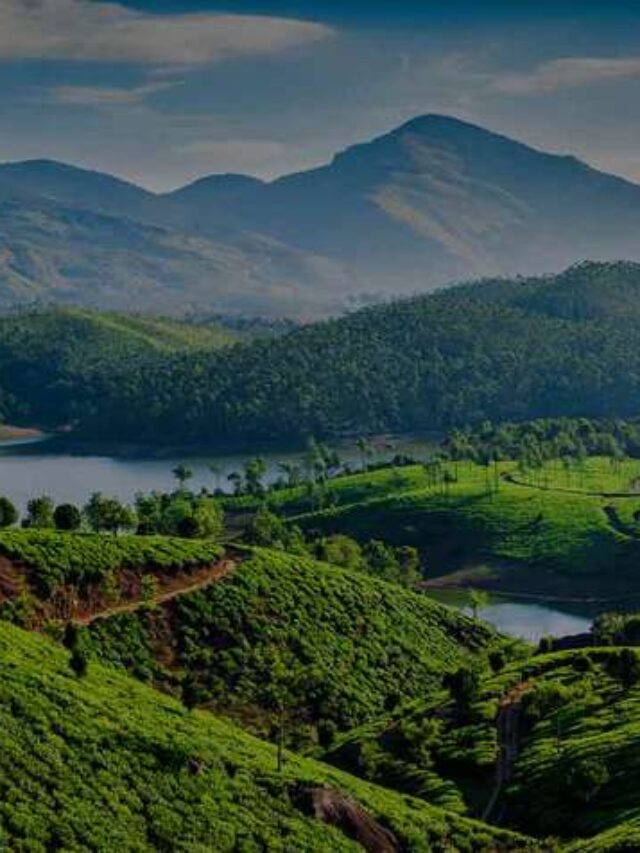
In a recent development, the Supreme Court has intervened to halt the execution of an Allahabad High Court directive permitting a court-monitored survey of the 17th-century Shahi Idgah Mosque situated in Mathura, Uttar Pradesh.
Judicial Scrutiny and Critiq
The Allahabad High Court, akin to its actions concerning the Gyanvapi Mosque in Varanasi, had granted approval last month for a survey supervised by a court-appointed advocate commissioner.
However, the Supreme Court, represented by Justices Sanjiv Khanna and Dipankar Datta, raised concerns about the vague nature of the application presented to the high court for the appointment of the commissioner. The bench emphasized the necessity for precision in such requests, asserting that leaving matters ambiguous for the court’s consideration was inappropriate.
Legal Challenge and Counterarguments
The Supreme Court session revolved around a petition filed by the Muslim faction challenging the high court’s decision to allow a survey of the mosque under the supervision of a commissioner.
The Muslim side had previously cited the Places of Worship Act of 1991, emphasizing the preservation of the religious status of places of worship as of August 15, 1947, and sought the dismissal of the petition.
Historical Claims and Legal Tussle
The backdrop to this legal conflict involves Hindu claims asserting that the mosque was constructed on the birthplace of Lord Krishna. This demand for a survey was initially accepted by a local court in December of the preceding year.
Simultaneously, the Hindu side, through a petition in a Mathura court, has laid claim to complete ownership of the disputed 13.37 acres of land. They contend that the centuries-old mosque was erected after the destruction of the Katra Keshav Dev temple by order of the Mughal emperor Aurangzeb.
Contentions and Alleged Evidence
The Hindu petitioners presented carvings of lotuses on certain mosque walls and shapes resembling ‘sheshnag,’ the snake demigod in Hindu mythology, as evidence. These elements were cited to support their argument that the mosque was constructed atop the pre-existing temple.
This legal battle reflects the complexity of historical and religious claims, intertwining legal intricacies with cultural sentiments.
What’s the Disagreement?
The whole argument revolves around who owns a piece of land measuring 13.37 acres, involving the Shri Krishna Janmabhoomi Temple and the Shahi Idgah Mosque. The temple occupies 11 acres, and the remaining 2.37 acres host the Shahi Idgah Mosque.
The Hindu side insists that the entire land belongs to the Shri Krishna Janmabhoomi Temple and wants it all. On the flip side, the Muslim side disagrees, saying it’s not the case. This controversy dates back 350 years, originating in 1670 when Mughal ruler Aurangzeb demolished the Thakur Keshav Dev Temple in Delhi and built the Shahi Idgah Mosque on its grounds, incorporating parts of the temple. This history is significant, as it links the mosque to Sanatan Dharma.
Legal Arguments in Simple Terms
In court, the representatives for the Shahi Idgah mosque committee and the UP Sunni Central Waqf Board argued that the requests in the application don’t connect to the original suit’s claims, which seek to cancel judgments from 1973 and 1994.
They also said that the Shahi Idgah Mosque doesn’t fall within the mentioned 13.37 acres at Katra Keshav Dev. Importantly, they emphasized that Lord Krishna’s birthplace is not beneath the mosque. According to them, the plaintiffs’ argument lacks solid evidence and is based solely on guesses.








Leave a Reply